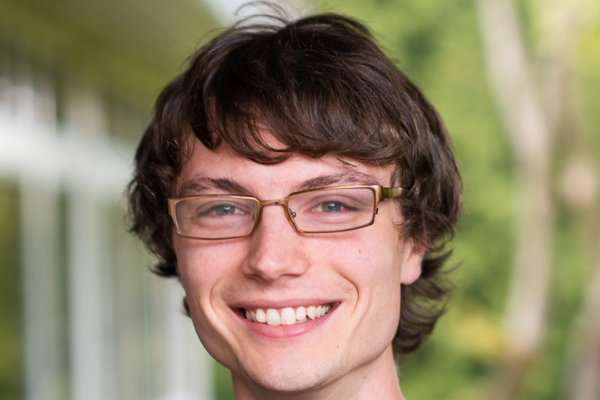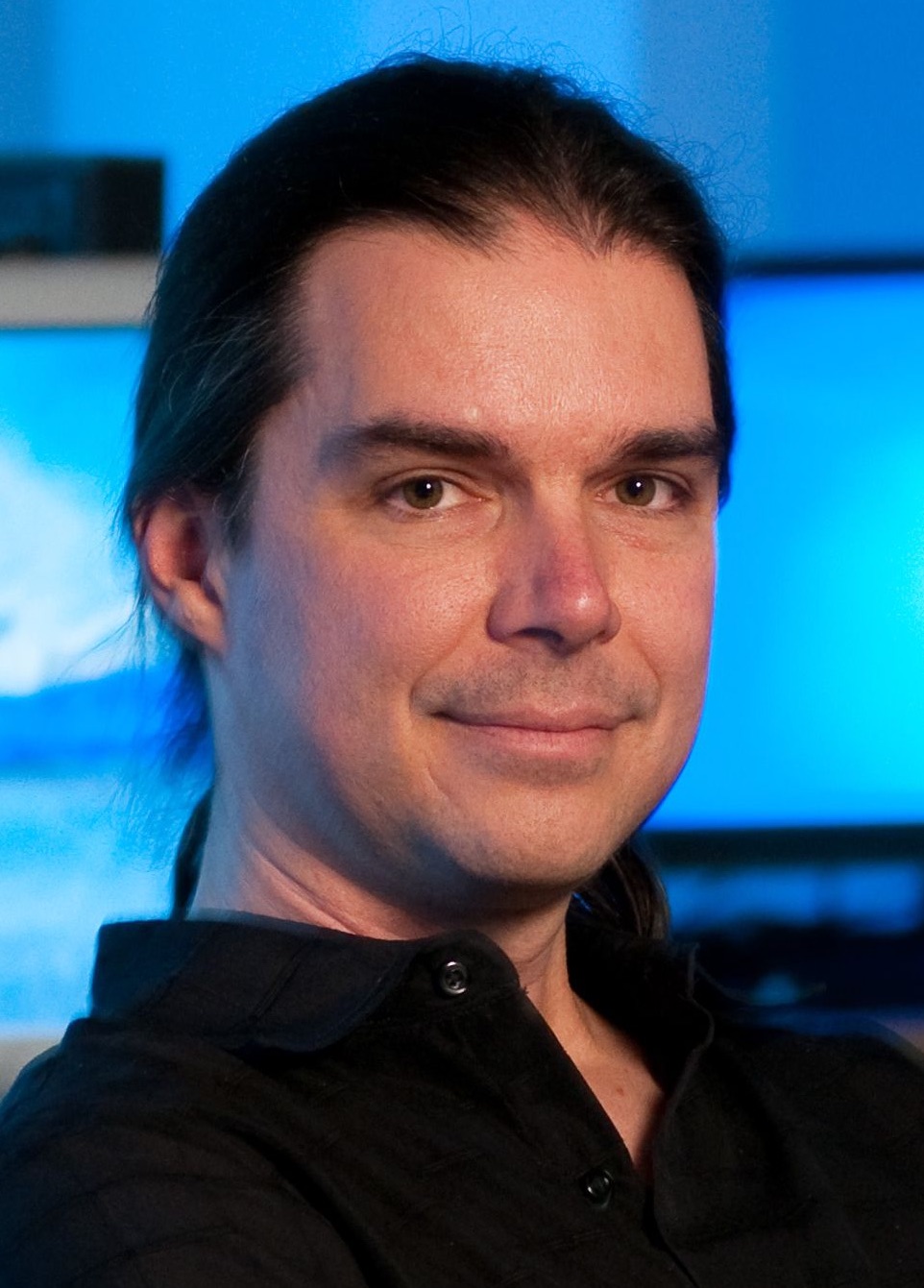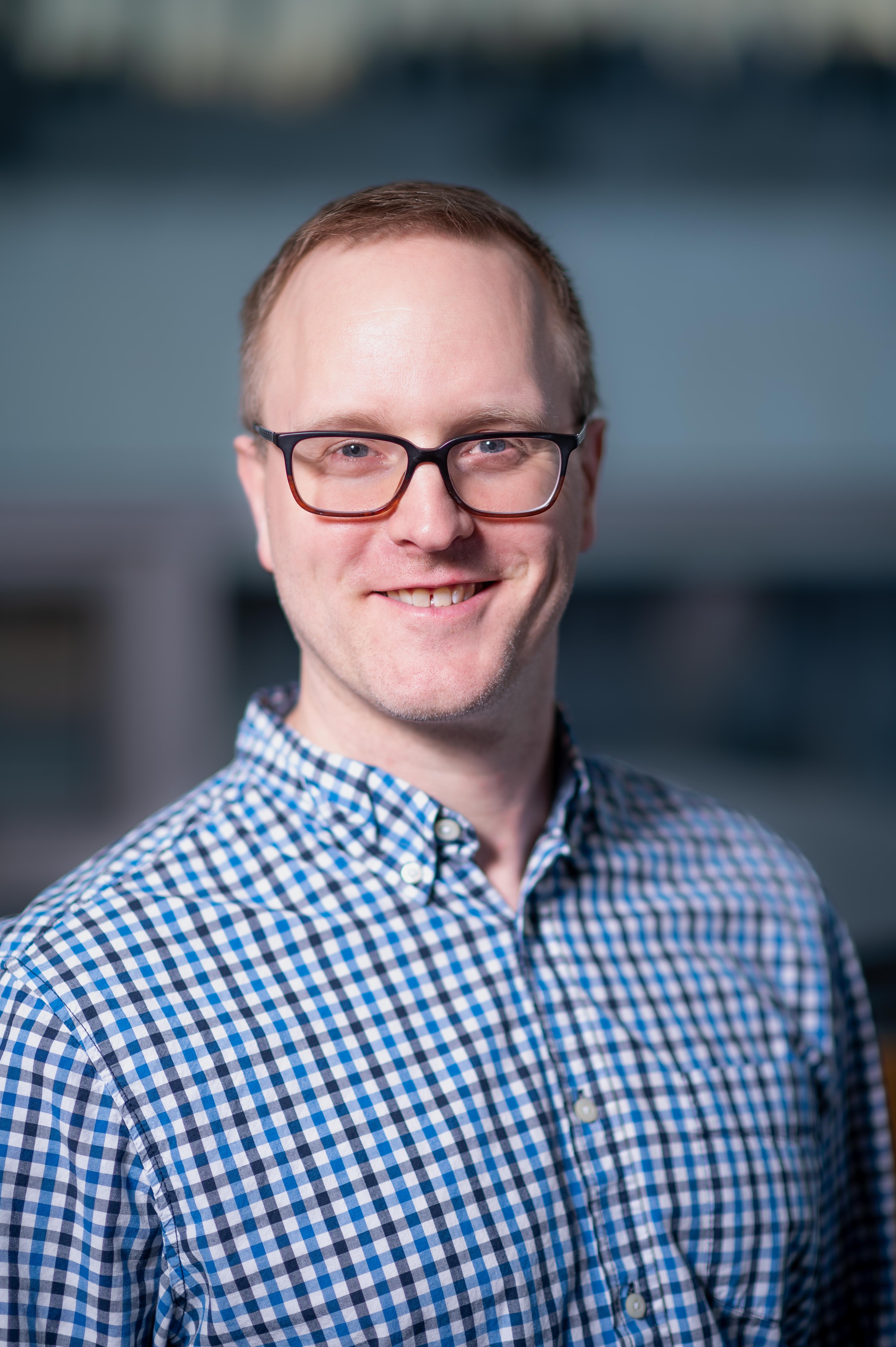
All the ingredients for success: Best Dissertation Award for CS alum
Winning the CSCan Best Dissertation Award was like the culmination of a long journey for UBC Computer Science alum Yasha Pushak.
Yasha Pushak graduated last year (2022), receiving a PhD in CS after attending the university for seven years. He describes his experience, “My wife was asking me when I was going to finally graduate so we could decide when to have children! Joking aside, PhD’s are a long and windy road, and there were many times it wasn’t obvious to me where I would end up.”
He said that by the time he’d completed his PhD, that, “It was a pleasant surprise when it finally came together in a cohesive tapestry. I was quite proud of what I had managed to accomplish, yet it’s still extremely humbling to receive this external validation of my work as well.”
Just like baking a cake
Yasha described the content of his dissertation, Algorithm configuration landscapes: analysis and exploitation. “Problems on a computer are solved in a series of steps, called algorithms. Much like recipes, which can be altered by changing, for example, the baking temperature, algorithms have parameters that control their performance. Manually finding suitable values for these parameters by trial and error is tedious,” he said. “To alleviate the burden, algorithm designers created new algorithms—called configurators—that can automatically find high-quality settings for these parameters. However,” he said, “These configurators typically require evaluating a very large number of parameter settings to ensure that no high-quality solutions are missed.”
Yasha hypothesized that there should be patterns in the parameters that make the problem easier to solve, and made an analogy to the baking temperature of a cake. “Most likely, it is either too low, too high or just right. We developed statistical methods for detecting this structure and show how it can be exploited.”
Yasha is humble in winning this award, but suggests it could be his simple analogies in the dissertation that make it easier to understand and stand out. “Any PhD dissertation contains novel research and results that push the boundaries of science, and there are probably many equally deserving candidates. It’s probably the little things that helped my dissertation stand out. For example, I tried to make it both accessible and fun by sprinkling in analogies to baking cakes and mountaineering expeditions.”
He explains he was also lucky enough to stumble upon an interesting, unanswered question in an area that had been mostly overlooked (algorithm configuration landscape analysis) and that is broadly applicable.
When he began his work, he was initially supervised Dr. Holger Hoos, working from what was then called the BETA Lab (now the Algorithms Lab). When Dr. Hoos started a new position at Leiden University in the Netherlands, Dr. Mark Schmidt agreed to be a co-supervisor for Yasha’s PhD.


Yasha describes his time at UBC as a positive experience across the eleven years he studied here as an undergraduate and graduate student. “Both campuses are beautiful, which makes it very enjoyable. When I first arrived, I thought UBC’s slogan, ‘A place of mind’ was a bit silly, but looking back it seems quite fitting!”
Today, Yasha works at Oracle doing research and development on the ‘Automated Machine Learning with Explainability’ team, which is quite fitting, considering part of his PhD dissertation is about automated machine learning. “I also learned the fundamentals of programming and how to conduct rigorous and principled research at UBC, which are both essential skills for my job at Oracle,” he said.
It seems that Yasha has landed exactly in the place he was supposed to be, and he has baked his cake to perfection.